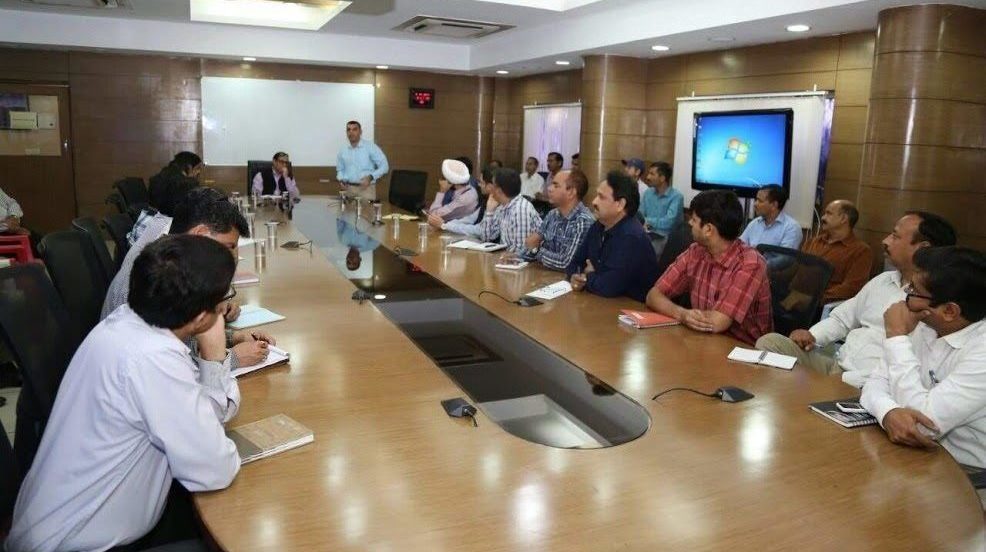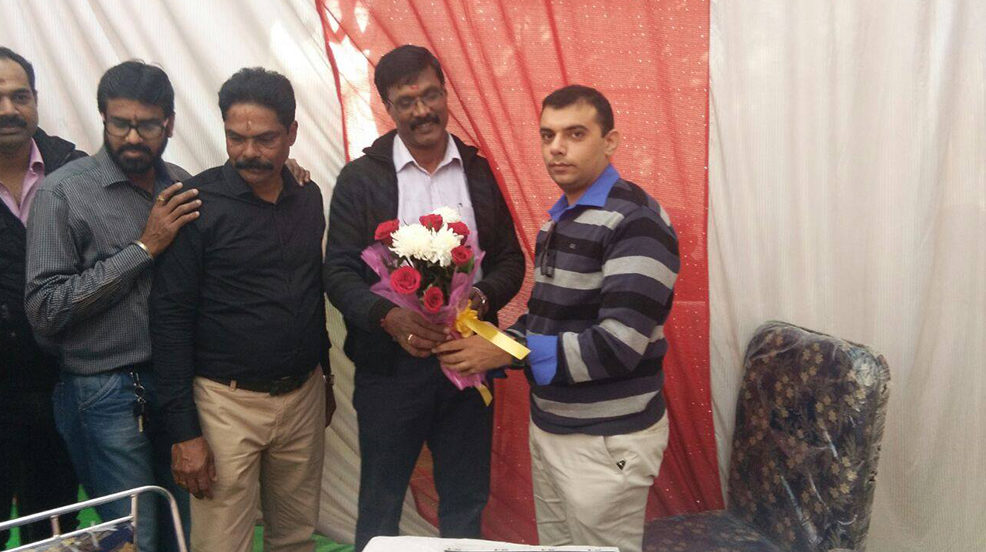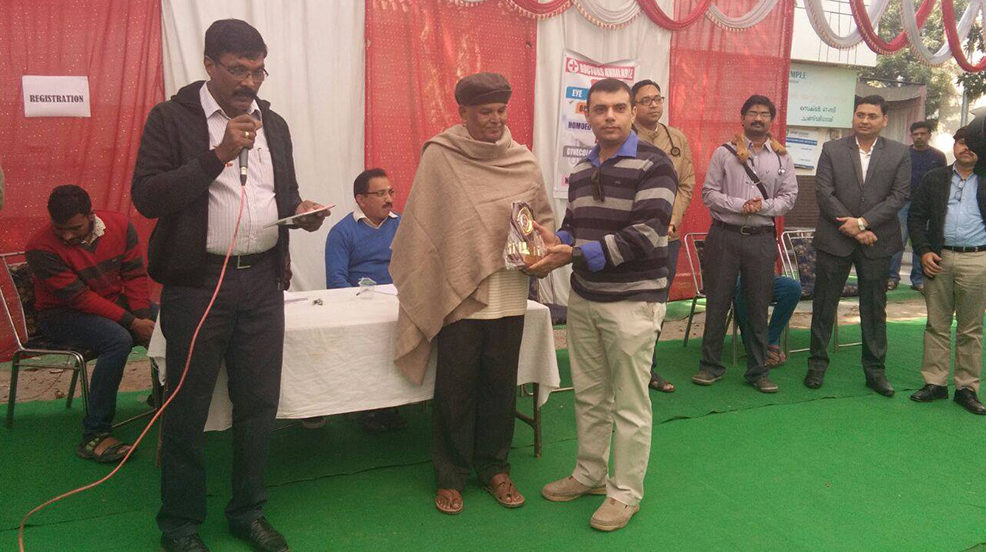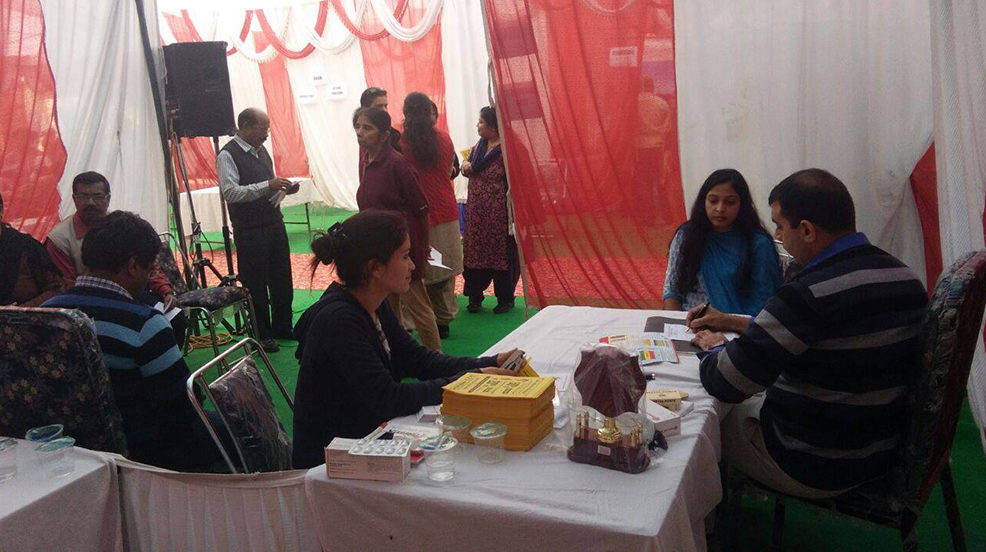The approach to treating foot and ankle diseases differs depending on the condition and severity. In some cases, treatment options may include rest, ice, compression, elevation, physical therapy, the use of orthotic devices, medication, injections, or surgical intervention. Individuals suffering persistent or severe symptoms in their feet and ankles should seek examination and treatment from a trained healthcare practitioner to avoid complications and maximize recovery.
The common foot and ankle disorders include –
Plantar Fasciitis
It occurs when the plantar fascia, a dense tissue band on the underside of the foot, becomes inflamed. This ailment is most typically shown as heel pain, especially during the first steps in the morning. Several factors contribute to the development of Plantar Fasciitis, including repetitive strain, overuse, poor foot mechanics, excessive physical activity, obesity, and wearing inappropriate footwear. Individuals who engage in activities that involve prolonged standing, running, or walking on hard surfaces are particularly susceptible to this condition.
Achilles Tendinitis
Achilles Tendinitis can result from activities such as running, jumping, or sudden increases in physical exertion, leading to stress and strain on the Achilles tendon. Additionally, factors like tight calf muscles, improper footwear, and inadequate warm-up or stretching routines can contribute to the development of this condition. Without proper management, Achilles Tendinitis may progress and cause persistent pain and limited mobility, emphasizing the importance of early diagnosis and appropriate treatment strategies.
Stress Fractures
Stress fractures commonly arise from activities involving repetitive impacts, such as running, jumping, or dancing, especially when the intensity or duration of these activities increases suddenly. Additionally, factors like inadequate footwear, changes in training surface, or biomechanical abnormalities can predispose individuals to stress fractures. Early recognition and appropriate management are crucial to prevent further damage and facilitate optimal healing of stress fractures in the foot and ankle.
Morton’s Neuroma
Morton’s Neuroma can be triggered by various factors, including wearing tight or high-heeled shoes, participating in activities that place repetitive pressure on the forefoot, or having certain foot deformities. The condition often manifests as sharp, shooting pain or a burning sensation in the ball of the foot, particularly between the third and fourth toes.
While conservative treatments such as wearing supportive footwear, using orthotic inserts, and applying ice packs may alleviate symptoms, severe cases may require corticosteroid injections or surgical intervention to relieve pressure on the affected nerve. Seeking prompt medical attention and adopting appropriate footwear and lifestyle modifications can help manage Morton’s Neuroma and improve overall foot health.
Are you seeking effective Foot and Ankle Care in Chandigarh? Look no further than Dr. Manu Mengi. He offers comprehensive evaluations, diagnostics, and personalized treatment plans tailored to your specific needs. Individuals seeking treatment for a variety of foot and ankle disorders in Chandigarh can be confident that they will receive excellent care. Dr. Manu Mengi uses innovative medical technologies and evidence-based treatment approaches to treat common diseases like plantar fasciitis and bunions, as well as more serious disorders like fractures or ligament damage.
Dr. Manu Mengi focuses on patient education, rehabilitation, and long-term outcomes, to improve mobility, relieve pain, and improve the overall quality of life for people suffering from orthopaedic issues in this area.
If you are experiencing common foot issues or more serious injuries, Dr. Manu Mengi offers specialized diagnosis, treatment, and rehabilitation services to improve mobility, relieve discomfort, and boost your overall well-being. Schedule your appointment now to access exceptional Foot and Ankle Care in Chandigarh from Dr. Manu Mengi.
Book now to receive personalized treatment and regain your mobility with confidence. Do not wait any longer to take the first step towards better foot health and overall well-being.





